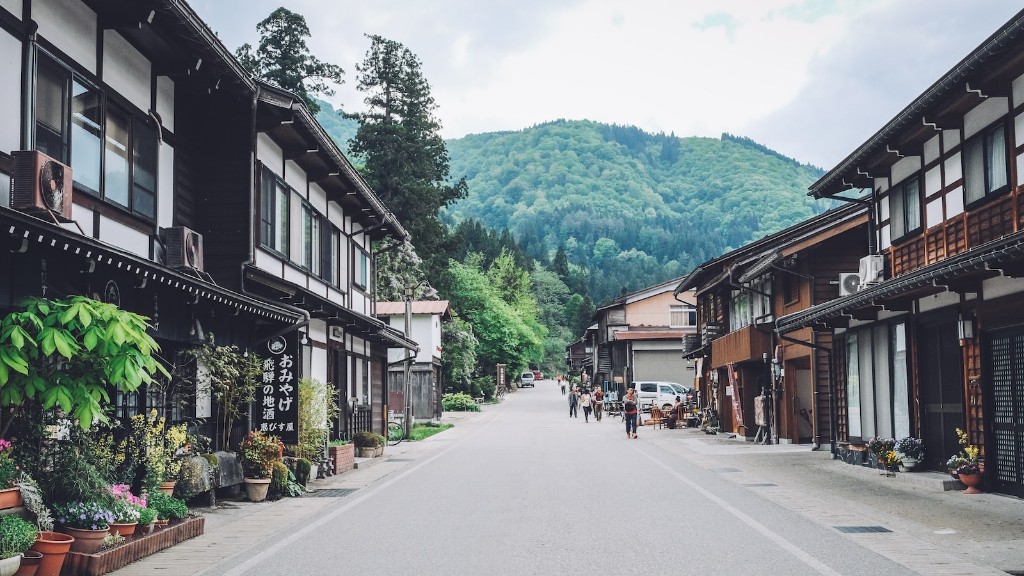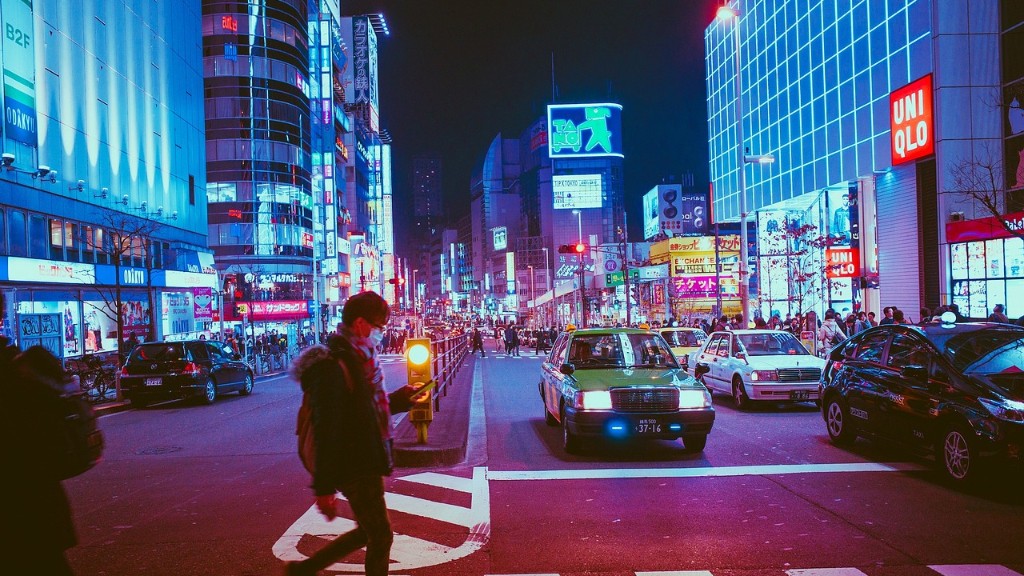In recent years, Japan’s Ministries of Health, Labor and Welfare (MHLW) have been providing incentives to encourage more drug developers to travel to Japan for clinical research and drug development. The goal is to create more innovative medicines and therapies to better serve the country’s aging population. In particular, the MHLW has streamlined the drug approval process for travel applicants. To be accepted, applicants must agree to present an approved clinical study or the development data and documents that will be reviewed by the MHLW.
The Japanese government has significantly reduced the amount of time required to gain approval for travelling in order to speed up the process. The MHLW has also implemented a system where applicants can submit their clinical data and documents electronically. This system is used to simplify the drug approval process and reduce the waiting period for approval. Furthermore, the MHLW has also been promoting the use of innovative technologies and therapeutics such as cell and gene therapies, regenerative medicine, and innovative drug targets.
In addition, the MHLW has also launched several initiatives to promote greater investment in medical research and development. These initiatives have included government funding for medical research and development, as well as tax incentives for the private sector to encourage more research and development. Furthermore, the MHLW has also been introducing new rules and regulations in order to ensure the quality of medicines produced in Japan.
Experts believe that the MHLW’s efforts to improve and streamline the drug approval process for travel applicants have been invaluable. By providing applicants with a more efficient way to gain approval, the MHLW has paved the way for increased innovation and research. Additionally, the MHLW has been successful in fostering collaborations between drug developers with different scientific backgrounds and knowledge bases, which has helped to foster new scientific discoveries.
Many experts also praise the MHLW for its commitment to reducing the costs of clinical research and development, as well as encouraging more private sector investment in medical research. As a result, Japan’s medical research and development sector has grown significantly over the past few years. Furthermore, the success of the MHLW in this area has been a major contributor to the country’s overall economic growth.
Ultimately, the improvements that have been made to the drug approval process for travel applicants have been great successes for both the healthcare and economy of Japan. The increased efficiency of the process has not only allowed applicants to gain approval more quickly, but it has also encouraged more investment in medical research and development. Furthermore, the MHLW’s initiatives to reduce the costs of clinical research and development have been instrumental in contributing to Japan’s economic growth. As such, the MHLW’s drug approval process for travel applicants is a major success.
Lack of resources
Despite the successes of the MHLW’s drug approval process for travel applicants, some experts point out the lack of resources currently available to drug developers. Many drug developers, particularly small companies, still struggle to access the necessary resources to produce innovative medicines. This problem is especially pronounced in smaller countries where the resources available to medical research and development is much more limited than larger countries.
For example, many small countries, such as the Maldives, still lack the resources and infrastructure necessary to produce and distribute innovative medicines. This means that even if innovator drug companies are accepted to travel to these countries, they may not have access to the right substances for their development purposes. As such, the MHLW’s efforts may be hindered by the lack of resources in some countries.
Additionally, some experts are concerned that the streamlining of the drug approval process may lead to a situation where safety and efficacy standards are reduced. If the process becomes too streamlined or overly simplified, it may be easy for drug developers to take shortcuts or overlook important safety and efficacy measures. As such, it is important that the MHLW continually evaluates and monitors the drug approval process to ensure that all safety and efficacy standards are met.
Increased costs
In addition to the lack of resources available, experts are also concerned about the increased costs associated with the MHLW’s drug approval process. As the process has become more streamlined, the cost of clinical trials and development has increased. Additionally, the cost of manufacturing and distributing innovative medicines has increased as well. As such, many small innovator drug companies may find it difficult to achieve profitability in some countries due to the increased costs associated with the MHLW’s approval process.
Furthermore, experts have also raised concerns about the MHLW’s incentives for drug developers to travel to Japan for clinical research and development. While the MHLW has offered tax breaks and funding, some drug developers may not be able to take advantage of these incentives due to the cost of travelling to and living in Japan. As such, the MHLW’s efforts to encourage travel may not be fully effective.
Lack of awareness
Experts also point out that many potential drug developers may not be aware of the benefits of the MHLW’s drug approval process for travel applicants. The MHLW has done a good job of streamlining the process and reducing the waiting period for approval. However, if potential drug developers are unaware of these benefits, they may not be as willing or able to take advantage of the process. As such, the MHLW must do more to promote awareness of the benefits of its drug approval process for travel applicants.
In addition to raising awareness, the MHLW must also continue to evaluate and monitor the process to ensure that all safety and efficacy standards are met. If the MHLW is not vigilant in enforcing these standards, it may be difficult for innovator drug companies to achieve profitability in some countries due to the inflated costs associated with the process.
In conclusion, the MHLW’s drug approval process for travel applicants has been highly successful in promoting medical research and development, as well as encouraging more private sector investment in the industry. However, there are still some issues that need to be addressed in order to ensure the continued success of the process. The MHLW must continue to evaluate and monitor the process, as well as promote awareness of the benefits of the process. By doing so, the MHLW can ensure that it is providing the necessary resources and support to innovator drug developers in order to foster more innovation and quality medicines.



